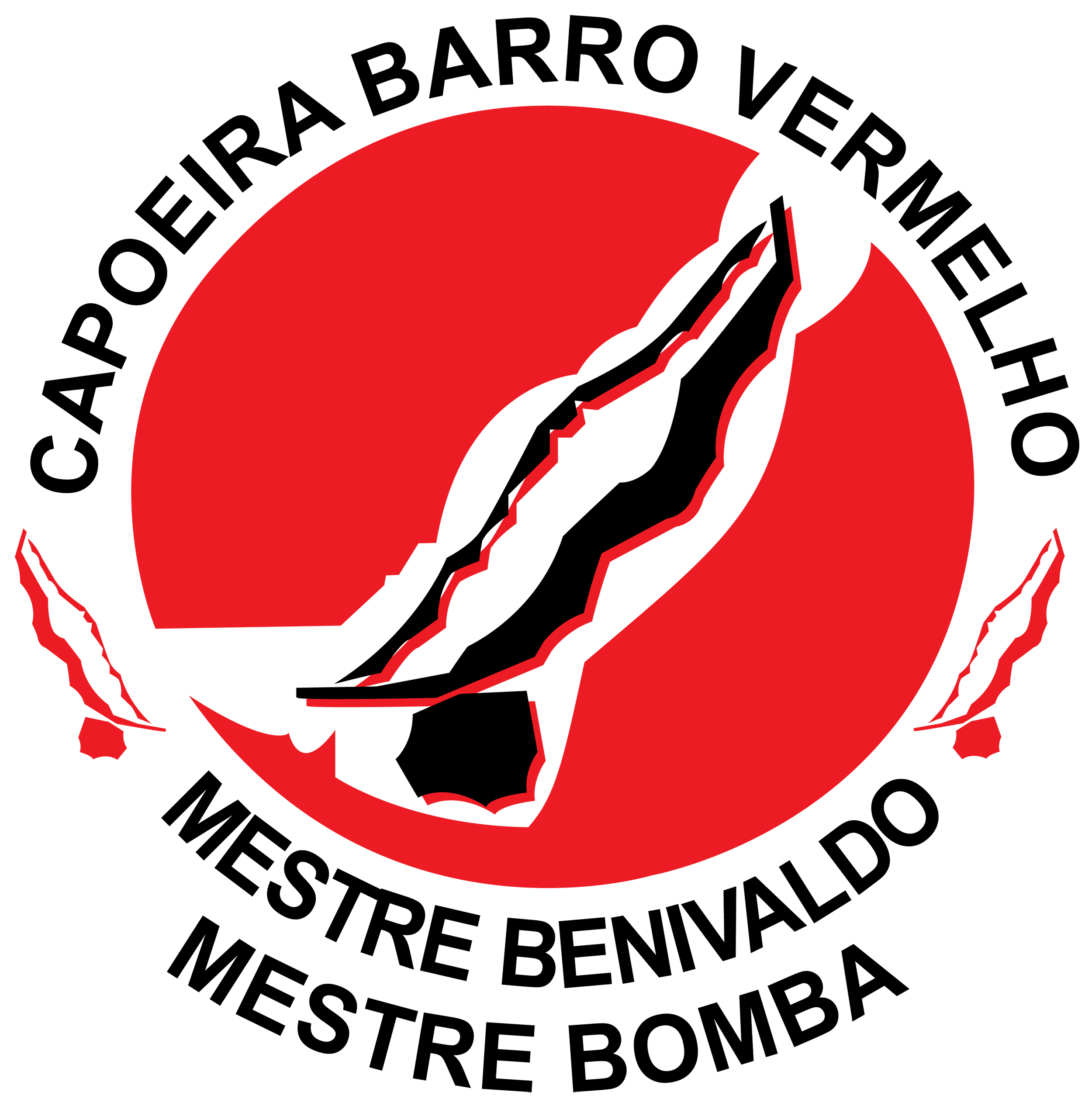About Capoeira
Capoeira is a Brazilian martial art disguised as a dance and performed to musical instruments and traditional Brazilian songs. It is comprised of specific offensive and defensive movements and, unlike in other martial arts, the participant is constantly in motion because of the basic movement, the ginga.
The movements also consist of positions on the ground, kicks, sweeps and acrobatics. Some believe that capoeira originated in Africa, others say that it was formed in Brazil. The regional style of capoeira originated in the 1930s in Brazil and, unlike capoeira angola, is usually practiced to a quicker beat and kicks are performed in an upright and aggressive style.
History
Capoeira’s history begins with the adoption of African slavery by Portuguese colonists in Brazil. Since the 16th century, Portugal extensively adopted slavery to man their colonies, coming mainly from West and Central Africa. Brazil, with its vast territory, was the major destination of African slaves, receiving 38.5% of all slaves sent by ships across the Atlantic Ocean. Capoeira has a long and controversial history, since historical documentation in Brazil was very scarce in its colonial times. Evidences, studies and oral tradition leave little doubt about its Brazilian roots, but it is impossible to precisely identify the exact Brazilian region or time it began to take form.
Martial Art
Capoeira is a fast and versatile martial art that is historically focused on fighting outnumbered or in technological disadvantage. The ginga (literally: rocking back and forth; to swing) is the fundamental movement in capoeira, important both for attack and defense purposes. It has two main objectives. One is to keep the capoeirista in a state of constant motion, preventing him or her from being a still and easy target. The other, using also fakes and feints, is to mislead, fool, trick the opponent, leaving them open for an attack or a counter-attack. As is the case with most martial arts, capoeiristas are required to wear a uniform, which consists of white pants, or abada, and a t-shirt, typically white with the capoeira academy’s logo. The pants are secured by a cordão, or belt, which is a specific color based on the capoeirista’s level of experience. The beginning student receives a green cordão and receives subsequent belts after demonstrating her/his skills at an annual batizado and troca de graduações (graduation).


